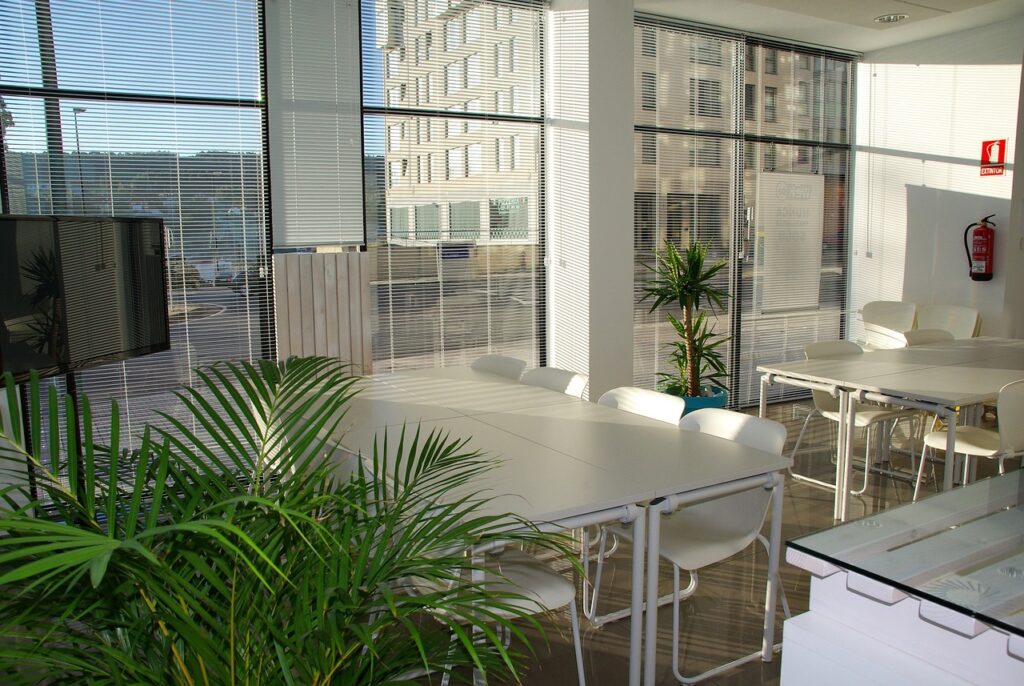How Do Serviced Offices Work? A Comprehensive Guide
The demand for flexible and cost-effective workspaces has led to a surge in the popularity of serviced offices. Businesses of all sizes are now considering serviced offices as an alternative to traditional office spaces. But how do serviced offices work? Understanding their operational model, leasing terms, contracts, and services provided can help businesses make informed decisions about their workspace solutions.
What Are Serviced Offices?
Serviced offices are fully furnished and managed office spaces offered by providers who take care of the day-to-day operations. Unlike conventional offices, these spaces come with essential services, utilities, and facilities included in the rental fee. This means businesses can move in and start working immediately without the hassle of setting up and managing the workspace.
How Do Serviced Offices Work?
Serviced offices operate on a flexible and all-inclusive model. Instead of signing a long-term lease, businesses enter into short-term agreements that provide access to office space and essential services under a single monthly fee. The key components of how serviced offices work include:
1. Flexible Leasing Terms
One of the major benefits of serviced offices is the flexibility in leasing terms. Unlike traditional office leases that require commitments of several years, serviced offices typically offer:
- Short-term contracts: Businesses can rent office space on a monthly, quarterly, or annual basis.
- Scalability: Companies can expand or downsize their office space according to their needs.
- Minimal upfront costs: No large capital investment is needed for furniture, utilities, or setup.
2. Licensing Agreements Instead of Leases
Serviced offices operate on licensing agreements rather than traditional lease contracts. This means businesses do not own the office space but instead pay for the right to use it. Licensing agreements offer:
- Greater flexibility: Businesses can terminate agreements with minimal notice.
- Lower financial risk: No long-term liabilities associated with traditional leases.
- Inclusive pricing: A single monthly payment covers rent, utilities, and services.
3. Services and Amenities Provided
Serviced offices come with a host of services that make them an attractive option for businesses. These include:
- Fully furnished workspaces: Desks, chairs, storage, and meeting room furniture.
- High-speed internet and IT support: Ensuring smooth connectivity and technical assistance.
- Reception and administrative services: Front-desk support, mail handling, and phone answering.
- Meeting and conference rooms: Equipped with modern technology for presentations and discussions.
- Cleaning and maintenance: Daily upkeep of the workspace to maintain a professional environment.
- Breakout areas and kitchens: Spaces for employees to relax and collaborate.
- 24/7 access and security: Round-the-clock office availability and secure entry systems.
Comparing Serviced Offices to Traditional Leases
The operational model of serviced offices differs significantly from traditional office leases. Below is a comparative breakdown:
| Feature | Serviced Offices | Traditional Leases |
|---|---|---|
| Contract Length | Short-term (1-12 months) | Long-term (3-10 years) |
| Initial Costs | Low, all-inclusive | High, requires furniture, utilities, and setup |
| Scalability | Easy to scale up/down | Difficult, fixed space |
| Services Included | Yes, fully managed | No, tenant responsible |
| Flexibility | High | Low |
| Financial Commitment | Minimal | Significant |
Who Benefits Most from Serviced Offices?
Serviced offices are ideal for various types of businesses, including:
- Startups and SMEs: Low overhead costs and minimal commitment make them a perfect fit.
- Freelancers and Remote Workers: Access to professional workspaces without the need for long-term contracts.
- Project-Based Teams: Companies working on temporary projects benefit from flexible office solutions.
- Businesses Expanding to New Markets: Serviced offices provide an instant presence in new locations.
Final Thoughts: How Do Serviced Offices Work?
Understanding how serviced offices work is crucial for businesses looking for flexible, cost-effective workspace solutions. With fully furnished spaces, short-term agreements, and all-inclusive services, serviced offices provide a convenient alternative to traditional leases. Whether for startups, freelancers, or expanding companies, these spaces offer a hassle-free, scalable option that aligns with modern business needs.
